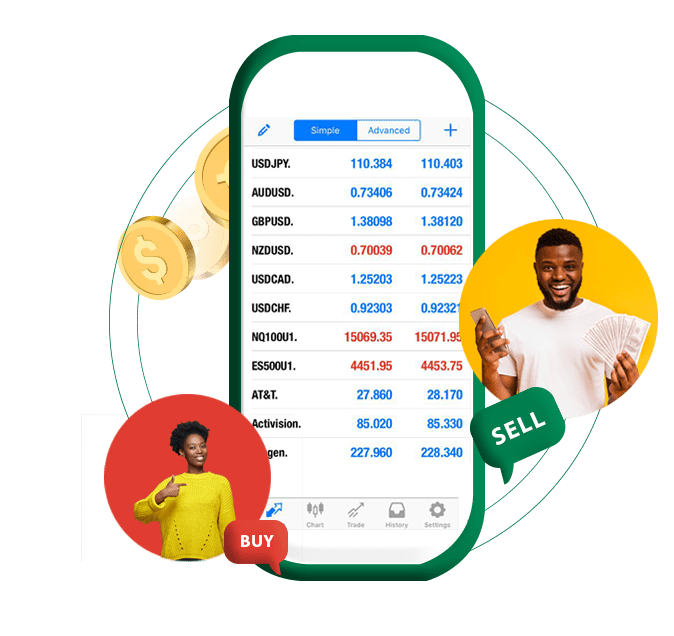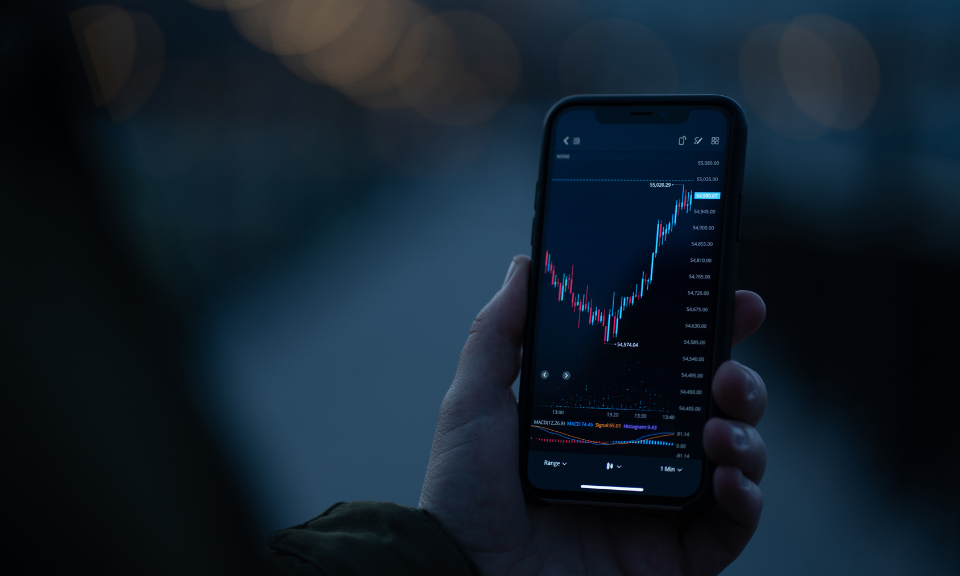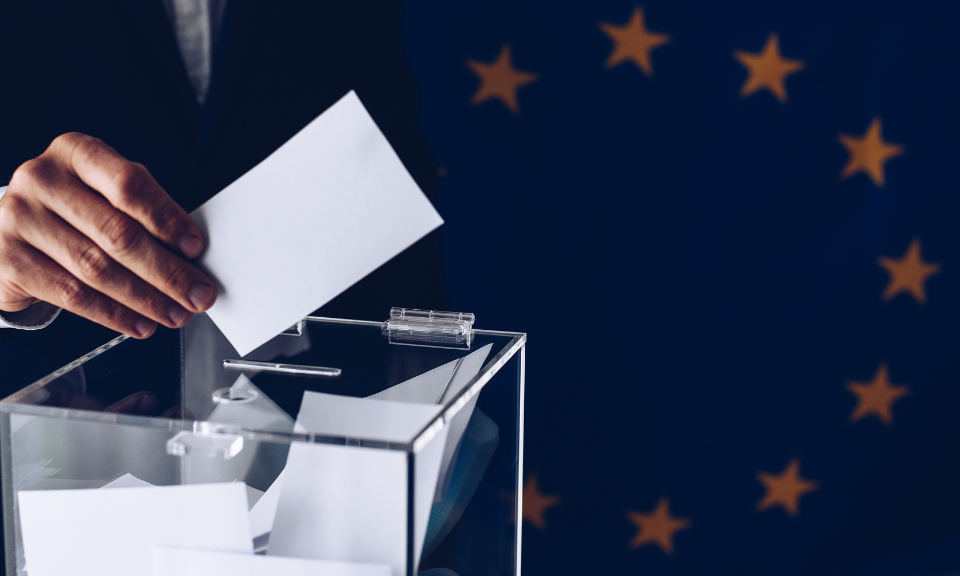
Women Empowered: Forex Trading Breaking Barriers
May 17, 2023
Proudly Licensed by FSCA for Forex Trading in South Africa
June 7, 2023The Impact of Politics on Forex Markets
Forex markets are sensitive to a multitude of factors, and one of the most influential among them is politics. Political events, decisions, and policies can have a profound impact on currency values and forex trading. Understanding the relationship between politics and forex markets is crucial for traders seeking to navigate the complexities of this dynamic financial landscape.
- Policy Changes and Currency Volatility:
Political decisions and policy changes can trigger significant currency volatility. For example, when a government implements new economic policies, such as tax reforms or trade regulations, it can affect the value of its currency. Forex traders carefully monitor political announcements and policy shifts to anticipate potential market reactions and adjust their trading strategies accordingly.
- Geopolitical Tensions and Safe-Haven Currencies:
Geopolitical tensions and conflicts often lead to increased market uncertainty and risk aversion. In such situations, investors tend to seek safe-haven currencies, which are considered more stable and reliable. Currencies like the US dollar, Japanese yen, and Swiss franc tend to strengthen during periods of geopolitical instability, as they are perceived as safe investments. Traders can benefit from monitoring geopolitical developments and understanding the impact on safe-haven currencies.

- Central Bank Policies and Interest Rates:
Political factors play a significant role in shaping central bank policies, particularly monetary policy decisions and interest rates. Political stability, inflation levels, and economic growth are key considerations for central banks. Changes in interest rates can impact currency values, as higher rates attract foreign investment, leading to currency appreciation, while lower rates may lead to currency depreciation. Forex traders closely follow central bank announcements and policy shifts to capitalize on potential market movements.
- Trade Agreements and Exchange Rates:
International trade agreements and disputes have a direct impact on currency exchange rates. Political negotiations related to tariffs, quotas, and trade policies can significantly influence the value of currencies involved. Positive developments, such as the signing of trade agreements, can lead to currency appreciation, while trade tensions and disputes can lead to currency depreciation. Forex traders closely monitor trade negotiations and their potential impact on exchange rates.
- Election Cycles and Political Uncertainty:
Political elections introduce an element of uncertainty, which can impact forex markets. Elections can bring policy shifts, changes in leadership, and altered market sentiment. The anticipation and aftermath of elections can lead to increased volatility in currency pairs associated with the countries involved. Forex traders analyze election campaigns, polls, and potential policy changes to make informed trading decisions during election cycles.
Politics plays a vital role in shaping forex markets. Political decisions, policy changes, geopolitical tensions, central bank actions, trade agreements, and election cycles all have the potential to impact currency values and create trading opportunities. Successful forex traders stay informed about political developments, monitor policy shifts, and assess the potential impact on currencies. Understanding the intricate relationship between politics and forex markets empowers traders to navigate the volatility and make well-informed decisions to capitalize on market movements.
Read More



